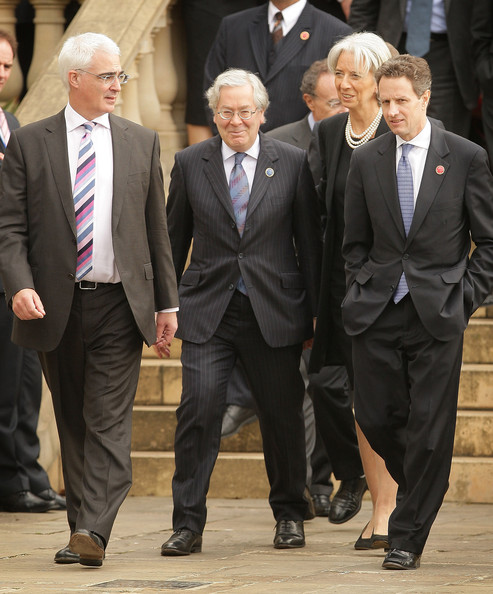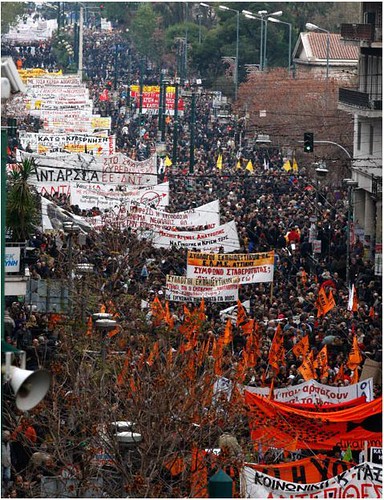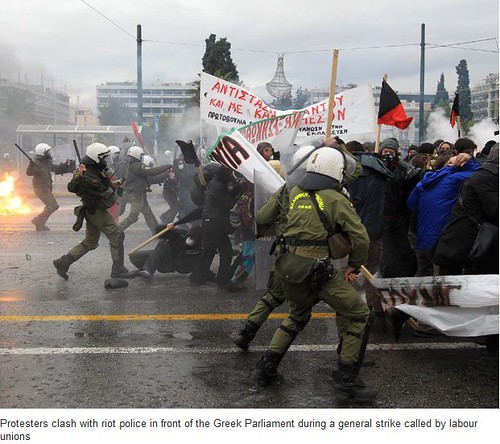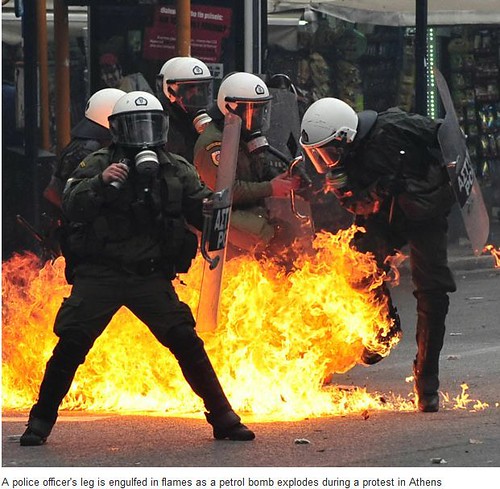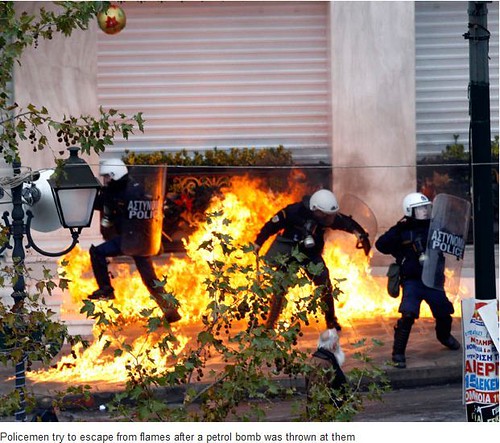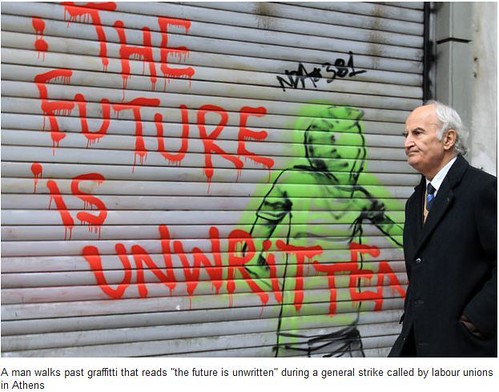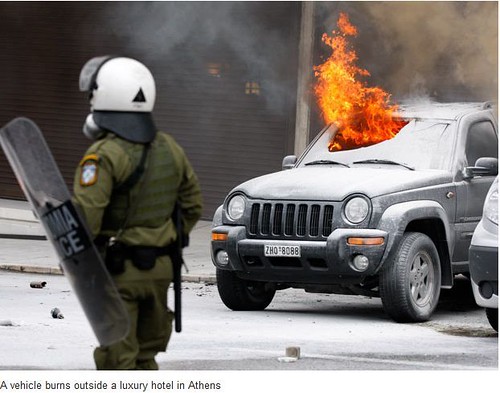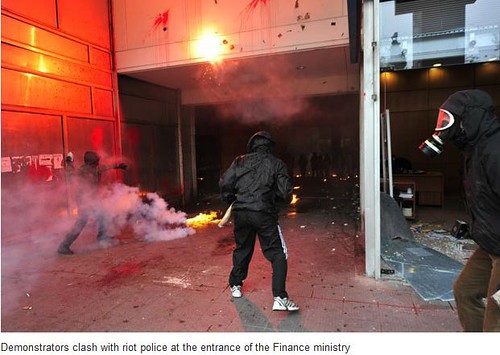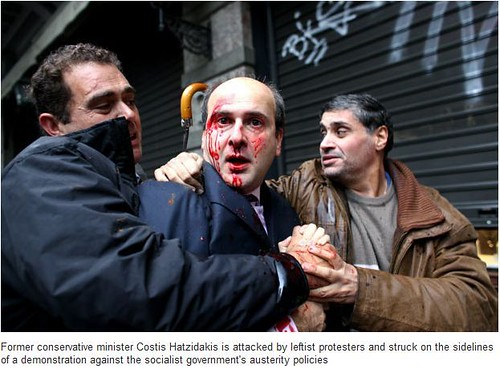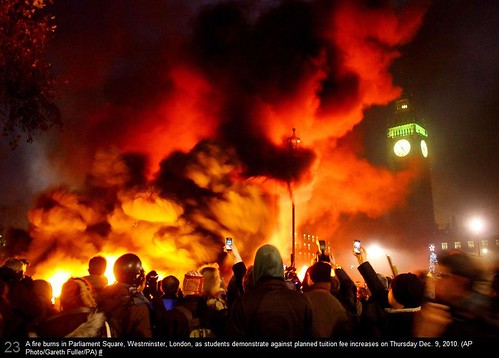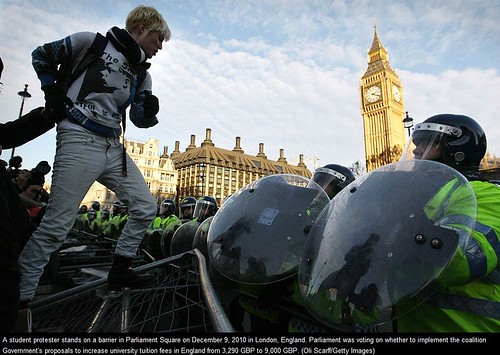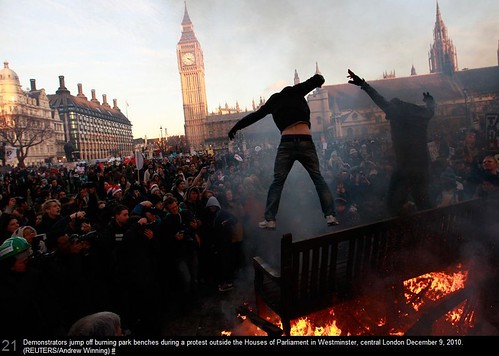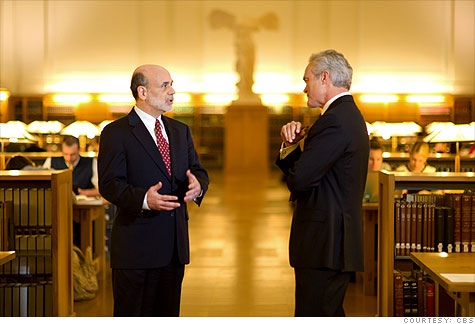
ROME — Thousands of students took to the streets across Italy on Wednesday amid heavy security to protest against a radical reform of the university system planned by Prime Minister Silvio Berlusconi's government.
Riot police fired tear gas in Palermo and clashed with students, protesters occupied train tracks in Naples and several hundred students briefly occupied the Mole Antonelliana -- the main landmark in the northern city of Turin.
But the protests were largely peaceful -- in contrast to an anti-government rally in Rome last week that degenerated into a riot in the city centre in which cars were set alight and a total of nearly 200 people were injured.
Wednesday's protests were taking place as the Senate, the upper house of parliament, prepared to vote its final approval on the university reform.
La Repubblica daily said around 30,000 students took part in the protest in Rome alone, Corriere della Sera estimated their number at 10,000.
Student activists have urged President Giorgio Napolitano, who met with a small group of protesters on Wednesday, not to sign the reform into law.
Protest organisers in Rome had said that they would avoid a confrontation with police by steering clear of the "palaces of power" in the city centre.
"I hope that everything takes place without any serious incidents," Education Minister Mariastella Gelmini told reporters.
Several hundred students clashed with police in Palermo in Sicily as they tried to enter a local government building. A group of students was later seen throwing stones and bottles at the main police station in the city.
The university reform -- which would merge some smaller universities, limit the hiring of lecturers and introduce non-academic university deans -- is set to be adopted definitively by the Senate later this week.
The student protest -- seen by critics as an effort to cut budgets for state universities -- has become part of a wider opposition movement against the government's austerity measures and high rates of youth unemployment.
Continue reading - Thousands of Italian students take to the streets
Student protesters in Italy clashed with police in the Sicilian capital Palermo on Wednesday as part of nation-wide demonstrations over university budget cuts that are expected to be approved by parliament. Carrying placards bearing the name of famous books, thousands of protesters marched through the streets, some wearing helmets similar to those used by riot police. One of Rome's most famous fountains on Gianicolo Hill ran red after demonstrators poured red paint into the water. Students said the red colour symbolised both the blood spilt in last week's violent protests, and the budgets of Italy's education system. Its reported that protests in Rome, Milan and Sardegna had so far passed off peacefully.
Students battle with riot police in Palermo as Italy sees new wave of protests
